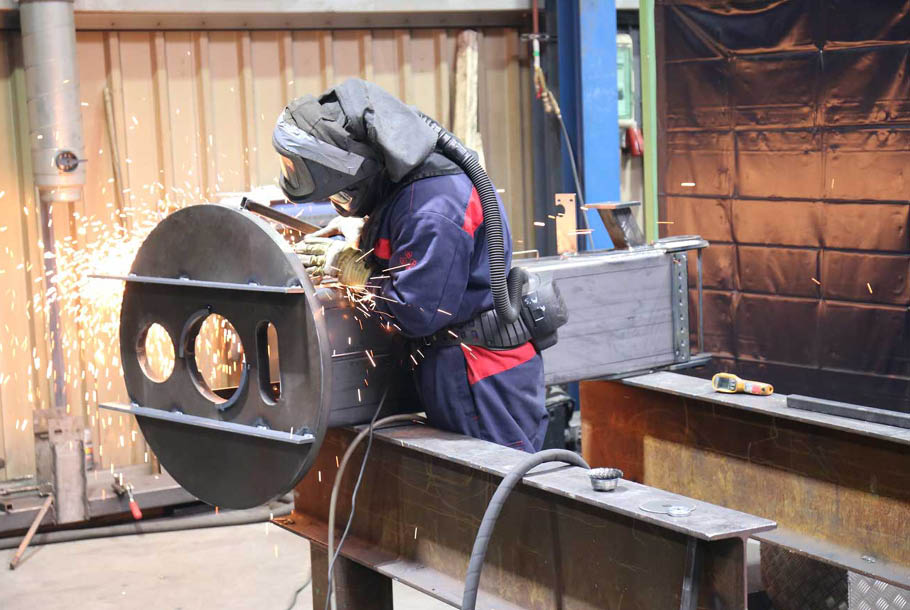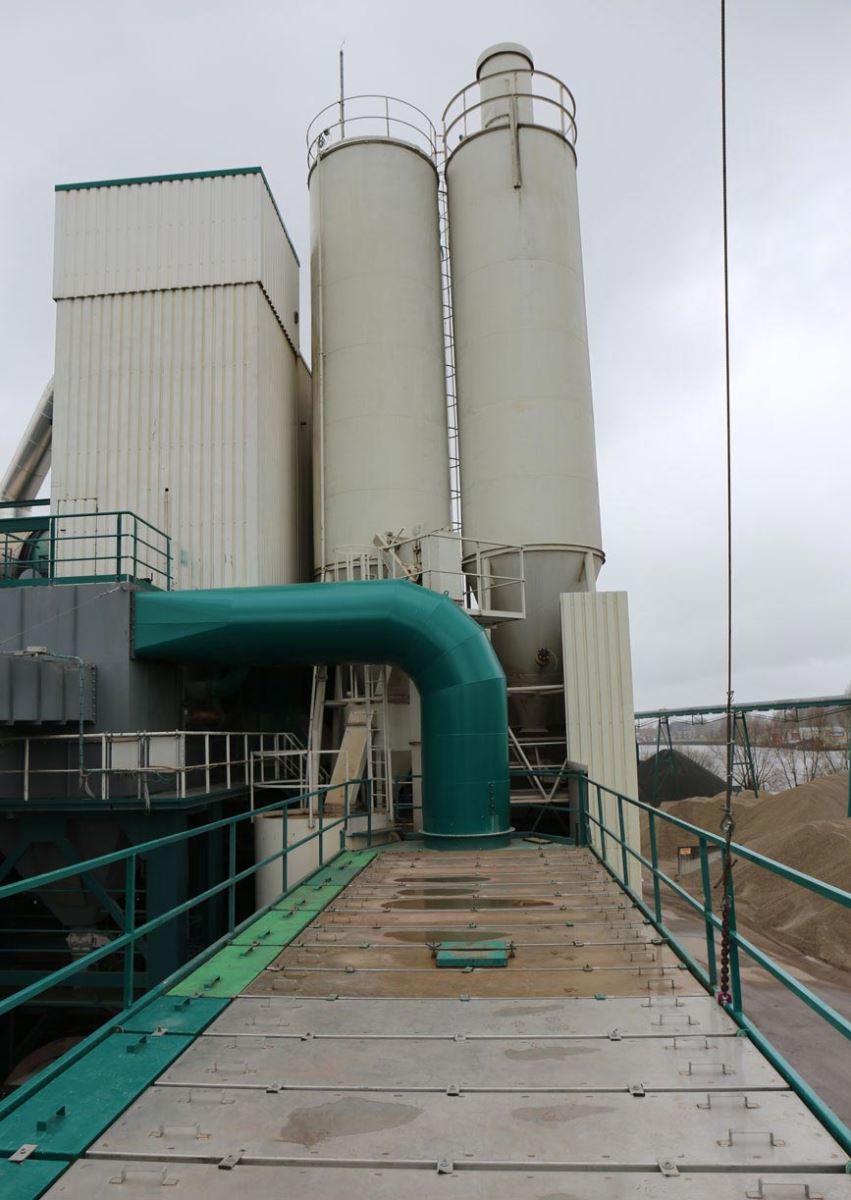
02-07-2022
|
2 min reading time
High-temperature dedusting at TME
The challenge
Increasingly, the capacity of existing asphalt plants is being increased. The bottleneck of such an operation is usually the cloth filter. By expanding it, more asphalt can enter the drying drum without causing emissions or overheating.
TME from Zwolle recently carried out the expansion of such a cloth filter for Schagen Infra BV in Hasselt. Jouke de Haas, project manager at TME, says that "TME arranges such a project from A to Z for customers". A team of engineers, steelworkers and mechanics developed and assembled a larger fan, filter housing, inlet and outlet.
To apply the right filters in the filter housing, TME cooperates with Vlint. When selecting the filter material, the exceptionally high temperature (up to 220°C) in the filter housing was a particular challenge.
The solution
Vlint offers high-temperature dedusting filters made of PPS, Meta-Aramid, KermelTech, Polymide and PTFE (Teflon), among others. In extreme cases, at temperatures of up to 1000 °C, ceramic filters are also used.
In the plant that TME expanded for Schagen Infra BV, relatively little moisture was released and there was no acid, lye or oxidation. For this reason, Vlint's technical consultants opted for a filter made of Meta-Aramide (Nomex ed.), which can withstand constant temperatures below 200°C and peak temperatures of up to 220°C.
In the past, Vlint has also supplied TME with Nomex filters for this plant and it has been good. "Even though the processes in the asphalt industry have changed, especially with more and more asphalt having to be recycled, Vlint's Nomex filters have lasted for years," says Jouke de Haas.
The result
The expansion of the cloth filter has taken the asphalt plant's production capacity from 150 tonnes per hour to 200 tonnes per hour. Jan Boom, deputy managing director of TME, says there are plans to increase this capacity even further. "The dedusting plant and filters are definitely no longer the bottleneck there," he says.
 |
“"Thanks to Vlint's solution, the production capacity of the asphalt plant went from 150 tonnes per hour to 200 tonnes per hour."
|
Wondering what we can do for you?
At Vlint, we help our clients by first properly analysing the problem. Then, we create and implement an effective plan of action to properly solve the problem. Interested? Feel free to leave your contact details. We will contact you within one working day.
Please contact me